E-waste
It is free to dispose of electronic waste in Buller for individuals and small businesses.
E-waste is a broad term covering a wide range of products that are powered by electricity via cords or batteries. E-waste is any electrical product that is unwanted or has reached the end of its useful life.
Buller District Council partners with SmartEnvironmental Ltd and TechCollect NZ to provide the free service.
We want your e-waste! Be a tidy kiwi, do the right thing and recycle your e-waste responsibly.
Who can use the service?
This service is available to households and small businesses who want to responsibly manage their unwanted, or end-of-life, Information and Communication Technology (ICT). Large businesses need to manage their e-waste at their own cost and cannot access this free service.
Where can I drop off my e-waste?
You can drop off your e-waste at the Westport and Reefton Transfer Stations during opening hours.
How can I drop off my e-waste?
You need to see Smart Environmental’s staff at the Westport and Reefton transfer stations during opening hours with your e-waste clean and ready to be inspected. If you have multiple items, make sure they are not tangled up and are stored safely in container that's easy to carry.
Once staff have checked over your e-waste, you can drop it off in the collection crate. Read TechCollect NZ’s info ‘E-waste recycling made easy’ and get on board.
E-waste items collected from kerbside or commercial waste collections are not permitted to access the TechCollect NZ pilot programme.
What is e-waste?
The term e-waste covers a wide range of products that are powered by electricity via cords or batteries. Once these items have reached the end of their useful life, or are unwanted, they are classified as ‘e-waste’. Read TechCollect NZ’s info 'What is e-waste' for more information. Before you head to the transfer stations, let’s have a closer look at what you can and can’t drop off in Buller.
What is accepted?
- Computers, including personal computers, laptops/notebooks, tablets/palmtops, all other computers.
- Monitors and projectors, including CRT monitors and projectors, LCD / flat-panel monitors.
- Printers, scanners, and multi-functional devices (MFDs) including toners and ink cartridges contained within a printer where they cannot reasonably be removed.
- Computer peripherals, including power supplies and adaptors, mice and cables.
What is not accepted as e-waste?
- TVs
- Consumer electronics
- Toner and ink cartridges
- White goods
- Loose batteries
- Cell phones*
*Cell phones, chargers, and cables can be dropped off at Council’s office in Westport and are recycled via RE:mobile; a cellular phone recycling scheme.
Note, white goods and batteries aren’t received as e-waste but batteries can be recycled [link to battery recycling] and fridges and freezers can be disposed of for free at the Westport and Reefton transfer stations.
Why recycle your e-waste?
When you recycle your e-waste, the materials can be broken down and made into new products.
Recycling e-waste is good because we don’t need to rely on new materials from the earth to make new products every time.
In New Zealand, Kiwis produce nearly 100 million kilograms of e-waste every year. Every 1,000 kilograms of e-waste recycled saves over two million litres of water. If Kiwis recycled all their e-waste, we would save enough water to fill 40 Olympic-sized swimming pools every year. Read 'Why should we recycle e-waste' and get on board.
There are lots of good reasons, so be a tidy kiwi, do the right thing and recycle your e-waste responsibly!
Fridges and freezers
Fridges and freezers aren’t defined as e-waste, but they can be disposed of for free in Westport and Reefton, using a similar system as e-waste.
Buller District Council partners with SmartEnvironmental Ltd and Electro Services Ltd to provide the free service.
Residents can safely dispose of refrigerators at the Westport and Reefton transfer stations without charge during opening hours.
Refrigerators hold coolant gases that pose a risk to the environment, people and animals. Refrigerators collected for recycling in New Zealand need to have gas removed before they can be processed. This degassing is usually done at council facilities or by dealers who take back refrigerators from their customers.


